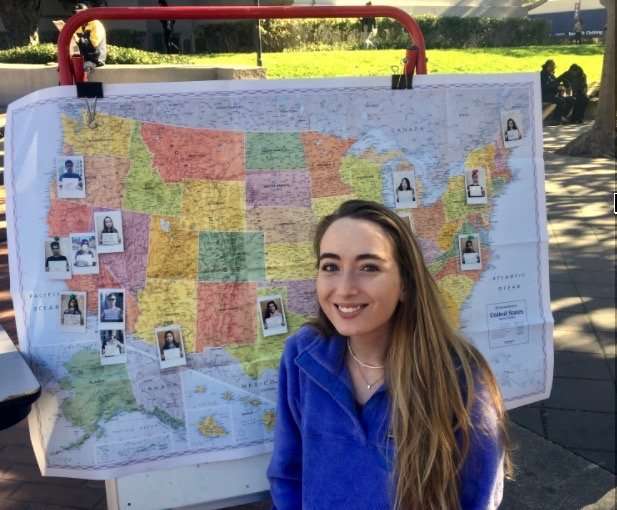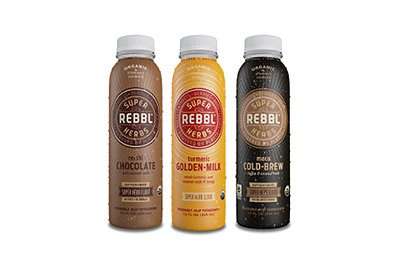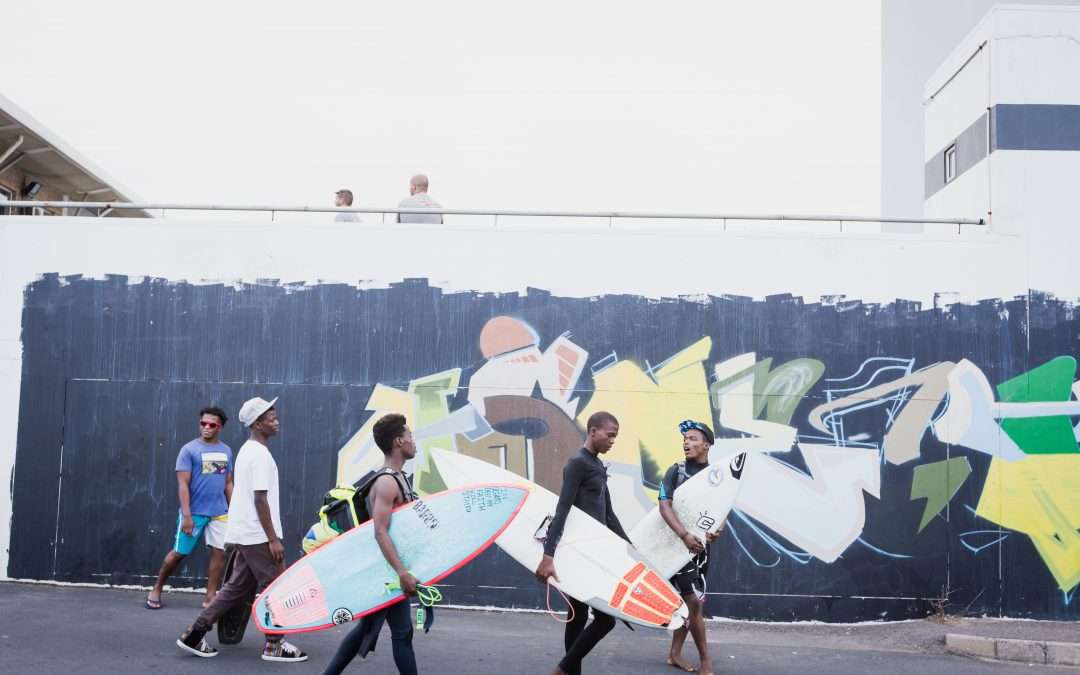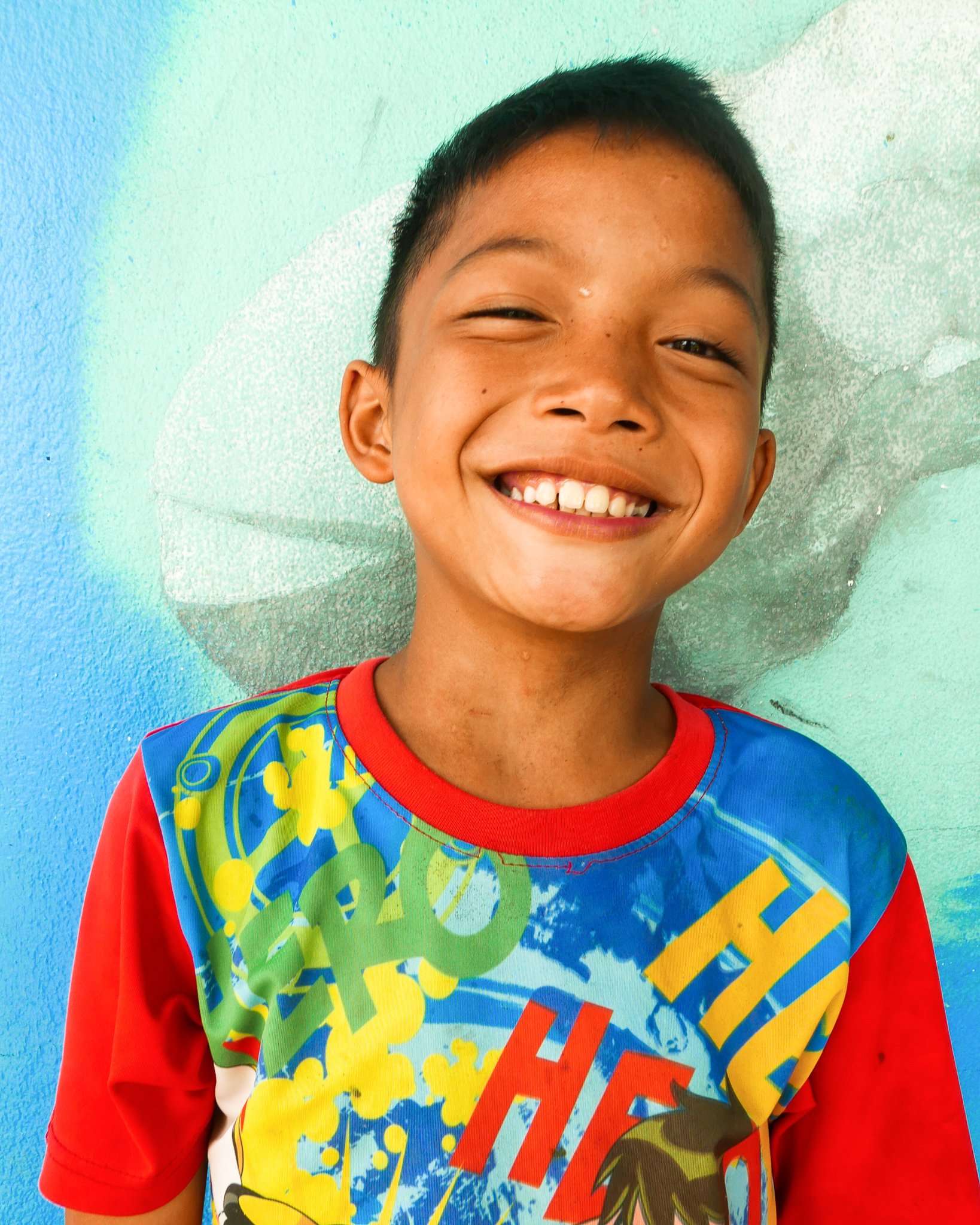Globally consumed at the rate of two billion cups a day, coffee is the world’s second most traded commodity. The market pressures that result from this high demand can push producers to commit labor rights abuses as severe as human trafficking. This is a concern especially in regions affected by poverty, where vulnerable communities are more susceptible to exploitation. In order to minimize human rights violations within this industry, it is up to us, the consumers, to demand products that hail from a fair, transparent supply chain. We have the power and responsibility to hold enterprises accountable and call for a shift in labor practices.
That’s why I’m leading the Conscious Coffee Project. Sponsored by the Anti-Trafficking Coalition at Berkeley, Conscious Coffee is an effort to foster a supportive network of cafes near the UC Berkeley campus that sell ethically sourced coffee. We will feature this network on a website and app geared toward students, both of which will serve as informational tools while operating through a financial incentive– users who frequently shop within the network can earn rewards like a free cup of coffee from their favorite cafe

Because human trafficking is such a huge, complex phenomenon, it can be difficult to figure out how to work toward its eradication in a meaningful way. My internship at Not For Sale this semester has taught me that it is not enough to throw money at a cause, trying to fix the problem after the damage has already been done. We must seek innovative solutions to prevent vulnerability to exploitative situations from taking root in the first place. As consumers and changemakers, our voices and minds are integral to the abolition movement. Together, through entrepreneurship, innovation, and technology, let’s stand up for our values and make a sustainable impact!

These Health Drinks are Also Fighting Human Trafficking
The anti-human trafficking nonprofit Not For Sale has been working with victims around the world–from Thailand to Uganda to Peru–for nearly a decade, but after years of effort, its staff realized they weren’t helping solve the problem at its core. “It really struck me...

South Africa
BackgroundSouth Africa has one of the largest economies in Africa, making it the main destination for human trafficking victims from southern Africa. There are also trafficking problems within the country; vulnerable rural people are trafficked into urban cities -...
A #Free2Play Thailand Experience
The S Words Today's guest post was written by Dan Hartley, a member of the ALLSAINTS team. ALLSAINTS is Not For Sale's longest-running corporate sponsor. Dan recently travelled to Thailand to experience the impact of Not For Sale and ALLSAINTS' partnership through Not...
Spence Diamonds Visits Not For Sale Uganda
An Experience Like No Other Today's guest post contributor, Jordan Broom-Hall, is employed by Not For Sale partner brand Spence Diamonds. Jordan recently joined a team of representatives from Spence Diamonds to assist with Not For Sale and Spence Diamonds'...
Entrepreneurship Challenge Profile: Simon
Meet Simon This post is the first in a series of three, as we introduce you to the three top finalists from June's Entrepreneurship Challenge with Not For Sale and brand partner Spence Diamonds. Profiles for our third place winner, Esther, and second place winner,...
Entrepreneurship Challenge Profile: Benard
Meet Benard This post is the second in a series of three, as we introduce you to the three top finalists from June's Entrepreneurship Challenge with Not For Sale and brand partner Spence Diamonds. Profiles for our first place winner, Simon, and third place winner,...

